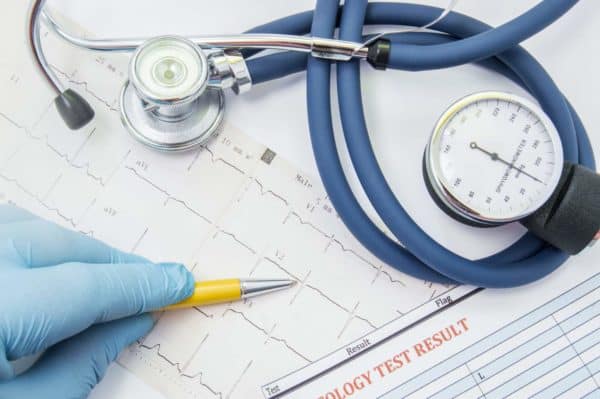May marks Stroke Awareness Month. The focus is encouraging more people to learn the causes and symptoms of strokes, which affect 100,000 people each year in the UK.
In light of this month, Dr. Rupa Parmar, GP and Medical Director of Midland Health, shares the subtle warning signs of a stroke that you shouldn’t ignore.
Severe Headache
A severe headache may be a potential warning sign. Known as “thunderclap headaches”, they’re identified by intense, sudden pain. It can be hard to tell the difference between a stroke-related headache and a usual migraine, but the key difference is that a headache related to stroke often comes with loss of vision or feeling.
Trouble Seeing
Strokes can cause visual problems such as blurred vision, light sensitivity, visual processing difficulties, and visual field loss. A sudden loss of sight in one or both eyes can be a warning sign of a stroke. This happens because a stroke can damage the visual pathway that carries information from the eyes to the brain.
Difficulty Balancing
Sudden loss of coordination and balance, and trouble walking are also something to look out for. These symptoms are more likely to be accompanied by a feeling of general weakness or numbness, along with nausea and vomiting.
Nausea and Vomiting
Unexplained nausea and vomiting, as well as feelings of dizziness and vertigo, are often signs of stroke. Sudden vomiting, especially, is a common symptom.
Symptoms for Women
Stroke is one of the four leading causes of death for women in the UK, and women are more likely than men to experience extra symptoms such as hiccups, nausea, chest pain, fatigue, shortness of breath, or a racing heartbeat.
Fatigue
Increased tiredness, or fatigue, is more common after a stroke, but it may also be a sign one is about to occur if it’s in conjunction with other symptoms.
Dr Rupa Parmar said, “It’s the speed at which these symptoms occur that’s a concern. The way to tell is that stroke symptoms happen very suddenly and without prior warning. If you feel you’re experiencing a stroke, call 999 immediately, even if the symptoms stop after a short time. It’s vitally important to know the signs of a stroke as early detection is crucial in ensuring the best chance of survival and recuperation.”




